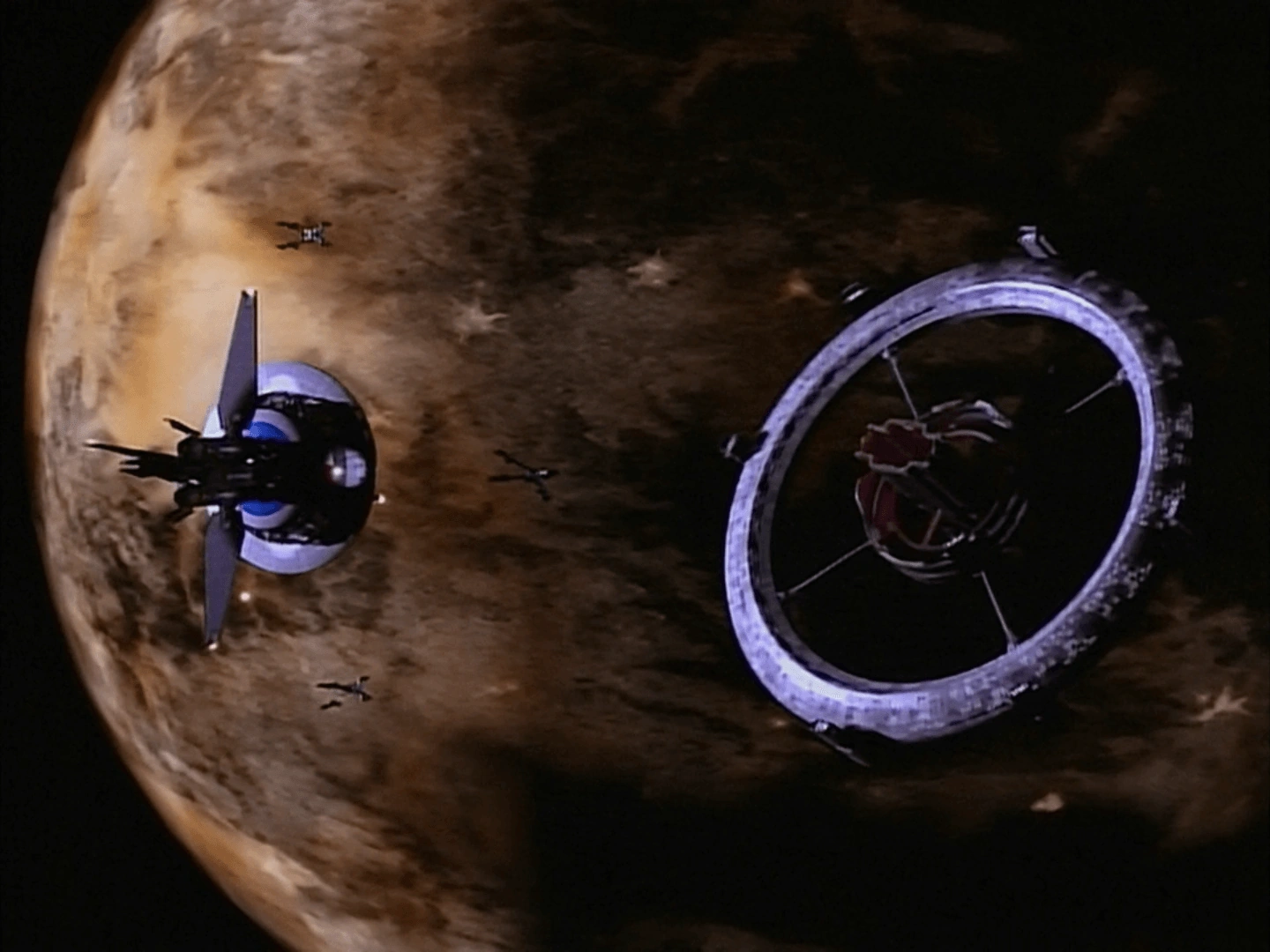I concede that there are moons orbiting the gas giants that have liquid, but keep in mind that some of those liquids aren't water. There's lots of ice out there.
I understand there are long period comets, I just believe a more likely explanation is they were flung out there by events closer to the sun. I'd buy that before believing a vast spherical cloud of trillions of comets surround us.
Anything that is "flung out" will do one of three things:
1. It will keep going right out of the solar system;
2. It will crash into something (planet or moon or asteroid);
3. It will take up an orbit around the Sun.
The third option is what these long-term comets are doing. They're orbiting the Sun, and sometimes they get close enough for us to have a good look at them either through telescopes or by just looking up.
I have to ask why you find it so difficult to believe that the Oort Cloud is a possibility. You believe in the asteroid belt, and the Oort Cloud is essentially the same thing, only farther out. Both are basically debris fields where the Solar System's leftover material tends to orbit, and some of that debris periodically pays a visit to the inner solar system.
Lying? I think they're wrong. And didn't Oort originally suggest comets had a closer origin and were flung outward by Jupiter? I'd say his model has a problem, wouldn't you? I dont know how many comets he figured we should be seeing, but we aint seeing them.
Your attitude during all the time we've argued about this has suggested that you think the Oort Cloud is something that was made up - that it's not real. That puts you in disagreement with many scientists who are in a better position to understand this and figure out any discrepancies than you are.
Where? He's telling me to just accept what the consensus says while accusing me of condescension? Thats the epitome of condescension. And now you're doing it... He's a rocket scientist, just accept what he says. No thanks, I'll think for myself.
He's pointing out how you've been condescending, to me and to other people. I'm pointing out that he has more knowledge on matters related to our solar system and some of the ways we have of exploring and finding out answers. I'm not saying to take his word as gospel (doing one's own research is not a bad thing), but I am saying that in case of a disagreement, he's more likely to be right than he is wrong.
Your argument is pointless?
Of course he's not saying his own argument is pointless.



